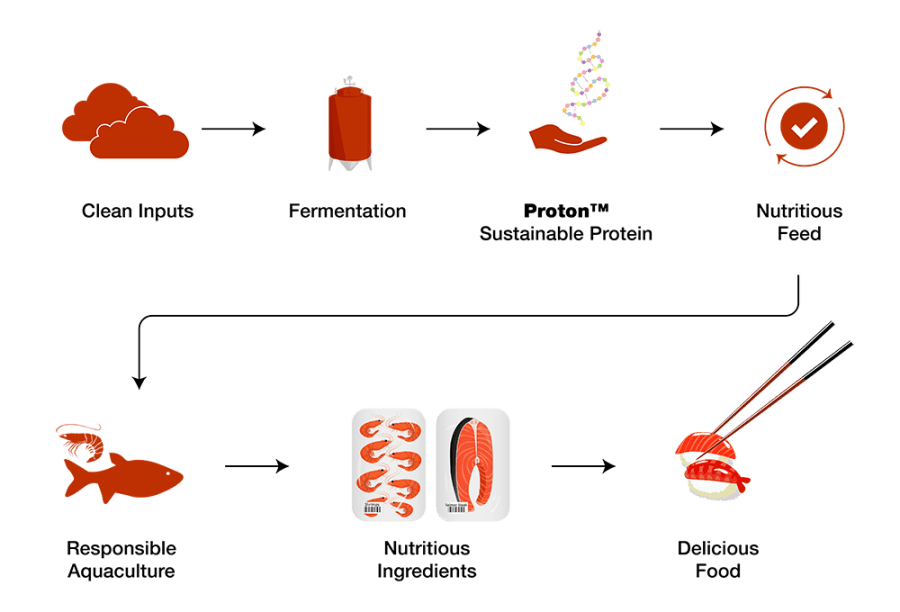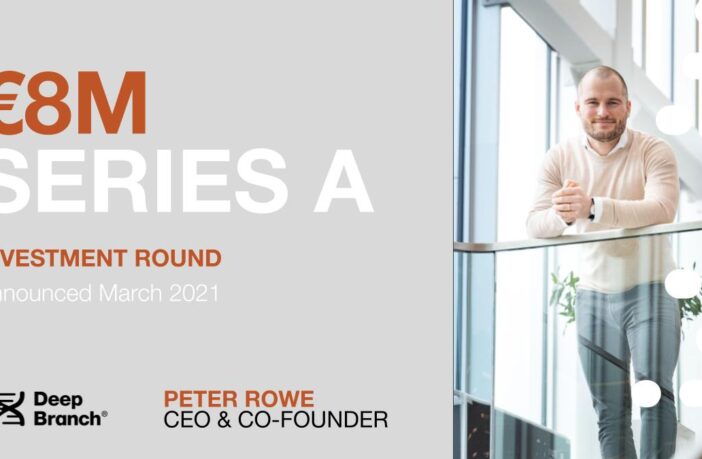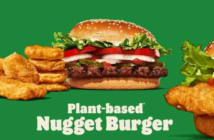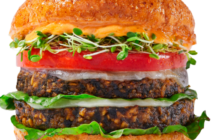Making products out of thin air seems to be very fashionable these days. There’s Air Protein working on cultured meat from nothing but, well thin air, and now a UK company has plans to create protein to be used for animal feed from carbon dioxide, as Nottingham-based Deep Branch has raised €8m (£6.8m) in funding to further its research,
The need to find new sources of protein to feed animals has been taxing farmers for decades. Current systems of farming soy are expensive, time-consuming and in some instances lead to de-forestation.
What Deep Branch is working on is a protein created in a similar way to brewing, that can be dried and converted into pellets to feed animals.
There is of course plenty of carbon dioxide to go round and Deep Brach says it will recycle its carbon from industrial emitters. It says its solution is simple, scalable, and not disrupted by climate change, weather extremes and the man-made issues which impact soy farming. It hopes to locate its plants next to industrial plants that capture carbon.
“There are big sustainability drawbacks from the proteins we currently use to produce animal products like salmon fillets and chicken drumsticks,” Deep Branch’s co-founder, Peter Rowe told The Guardian “but we can produce a high-quality protein without requiring any arable land or fish.”
The company will start commercial trials of its feed on chickens and salmon by the summer.
Novo Holdings and DSM Venturing led the round, with participation from Total Carbon Neutrality Ventures and Barclays Sustainable Impact Capital. The startup has already attracted support from leading animal feed companies in Europe, BioMar and AB Agri, and is close to agreeing to build its first commercial production facility in Norway.
Not everyone is convinced by the company’s innovation. Piers Hart, the aquaculture lead from the WWF told The Guardian it welcomed attempts to reduce dependence on soy. “These bacterial processes using excess materials like carbon dioxide and agricultural byproducts are a good thing, as they don’t, like soy, cause deforestation, biodiversity loss and don’t need freshwater or fertiliser,”
“We shouldn’t be using precious land and fresh water to grow crops for feed when it could be used to grow crops for food, so we shouldn’t be using soy and maize to feed animals.
“Whether they [alternative proteins]will completely displace soy will come down to cost in the end. We hope that increasing demand and scaling production will bring the price down and also that people will say that, yes, it may be slightly more expensive, but it’s that much better for the planet that we will use it,” said Hart.





